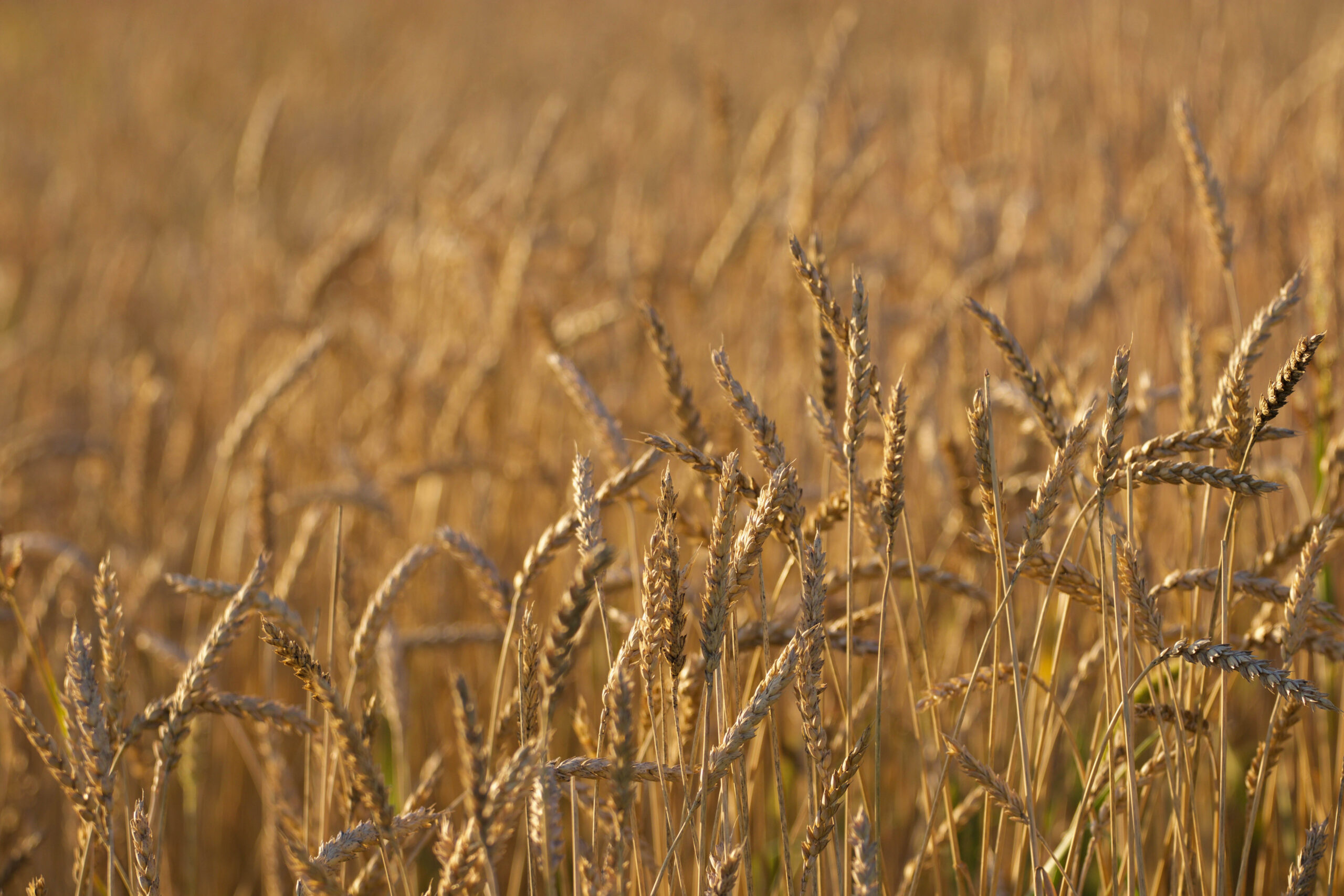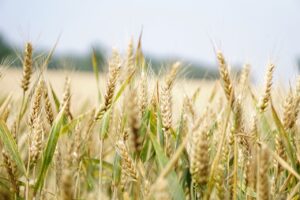As Apulia gets ready to host the G7 Summit, in the midst of a packed agenda, the Italian Presidency is expected to announce a new Apulia Food Systems Initiative.
The initiative, which remains largely under the radar, proposes a unique approach as it aims to tackle the climate and food crises jointly to improve food security and make agriculture more resilient to climate change with a focus on the African continent.
The initiative builds on the Sustainable Agriculture, Resilient Food Systems, and Climate Action Declaration signed by 159 countries at COP28. On this occasion, President Meloni already underlined the critical importance of addressing the food and climate nexus and highlighted the national interventions under the Piano Mattei that will be dedicated to the African agricultural sector.
The details of this initiative are expected to be announced at the Summit and then to be further fleshed out on occasion of the Development Ministerial in Pescara on the 24th and 25th October. From what we know, the Italian Presidency will be announcing interventions mainly around two buckets: food & finance and food & climate. The former intends to mobilise funding and generate investments on food systems, including investments on infrastructure and insurance schemes for climate emergencies, whilst the latter looks at providing technical assistance to integrate food systems in national climate actions plans and interventions in support of specific crops such as coffee.
Addressing the food and climate crises together with targeted financial investments in Africa is surely a welcomed and very much needed approach.
African agriculture is already paying the price of the worst climate weather impacts where for instance flooding and droughts means that 24 million people in Southern Africa face hunger, malnutrition and water scarcity. Smallholder farmers, who produce 70% of the continent’s food know this reality far too well and are often forced to pay for the worst impacts with their own resources, especially when facing a reality where only 3.5% of the global climate finance is directed at them.
Political (and symbolic) announcements around new initiatives at the G7 are not new. In fact, there are many examples of previous pledges on tackling food insecurity in Africa.
A similar initiative under the Italian Presidency – l’Aquila Food Security initiative was launched in 2009 – but the lack of an accountability framework meant that it is hard to know how much of this funding was actually delivered and what change it generated.
For this announcement to translate into real impact and for Meloni to leave a true long-lasting legacy of this G7, it is critical that both financial and technical interventions are rooted in the experience of those who are facing the challenges that this initiative aims to address.
In other words, the success of this initiative will rely on Meloni’s and leaders’ will to engage small-scale farmers in the shaping and the implementation of the initiative. This means fostering a genuinely inclusive approach where small-holder farmers are fully consulted and placed at the centre of the decision-making processes of the initiative’s deliverables and funds.
Redefining the relationships between Italy and Africa in a way that goes beyond “charity” and opens the doors to “a cooperation between equals” is something that President Giorgia Meloni has already emphasised in the international arena during COP28 and in the national one with the Piano Mattei.
We hope this Initiative will be an opportunity to do just that by ensuring family farmers are treated as equal project partners rather than mere beneficiaries as the ones who know best the challenges they face and the solutions they need.
It is therefore concerning that so far no open consultation with farmers groups has been announced which led to many of them addressing a letter to Giorgia Meloni for a roundtable of discussions which we hope will be taken on board.
For this initiative to deliver real impact on the ground, it is also crucial that climate finance gets to where it is most needed. How much finance will be mobilised under the Apulia initiative, and how much will be new money, and where the finance will be directed exactly, is still unknown. It is important that family farmers are granted direct access to finance and that barriers to access these funds are removed to ensure affordable interest rates, flexible and longer-term grants. Lastly, the funding needs to be directed to support genuinely sustainable agriculture approaches rather than industrial agricultural approaches that risk increasing climate vulnerabilities as well as food insecurity.
The Apulia Food Systems Initiative is a chance to do things differently and to establish itself as a new pioneering example for funding mechanisms that harness the expertise of family farmers and build a food system that can contribute to reducing hunger and malnutrition whilst increasing climate resilience.
Italy has the political leverage and influence to make it happen and to unlock real change on the ground for African communities. We now hope intentions become reality.
Photo by Travel Photographer






